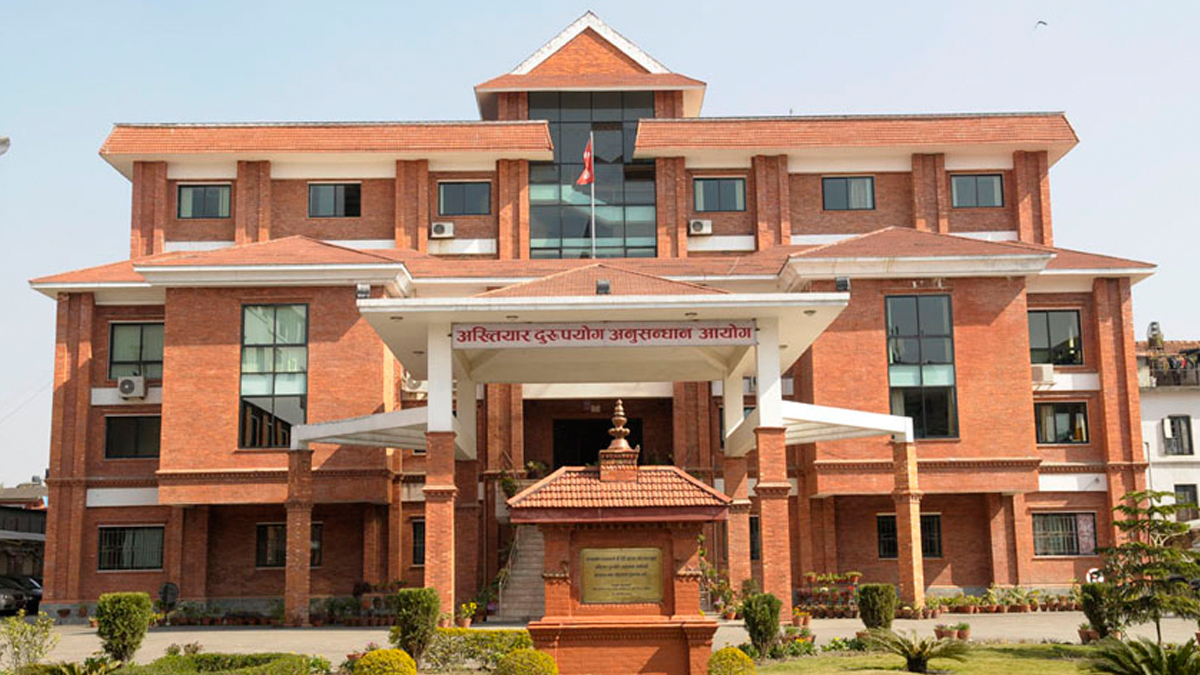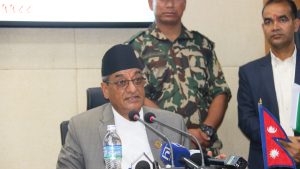
CIAA Files Corruption Case Against 20 Individuals Over MDMS Procurement Irregularities

The Commission for the Investigation of Abuse of Authority (CIAA) has initiated legal action against 20 individuals, including high-ranking officials, over alleged corruption in the procurement of the Mobile Device Management System (MDMS). The move underscores the government’s commitment to tackling corruption and ensuring accountability in public projects.
According to Dhan Bahadur Karki, spokesperson for the special court, former Chairman of Nepal Telecommunication Authority (NTA) Digambar Jha and several other officials, both former and current, are among the defendants named in the corruption case. The list includes former Senior Director Anandraj Khanal, current Directors Dipesh Acharya, Surendra Hada, and Achutanand Mishra, along with other key figures.
The CIAA has specifically implicated individuals from various branches of NTA, including the Internal Audit Branch, Planning and Management Information System Branch, and Permit Management Branch. Deputy Director Suresh Basnet, Deputy Director Rewati Ram Pant, Deputy Director Sandeep Adhikari, and Kavindraraj Malla are among those accused of involvement in the alleged irregularities.
The case filed at the special court seeks substantial compensation of Rs 919.9 million from the accused parties. The MDMS procurement, intended to combat tax evasion related to mobile sets, was originally scheduled for implementation in July 2015. However, persistent delays pushed the project timeline to 2018, raising questions about the management and execution of the initiative.
Critically, the CIAA’s investigation highlights discrepancies surrounding NTA’s separate regulation for MDMS procurement. An investigation committee under the Ministry of Communication and Information Technology has flagged these regulations as controversial, alleging extreme negligence and irresponsibility on the part of the implicated officials. The committee’s findings reveal that work, initially projected to conclude within six months, remains unfinished, further amplifying concerns over accountability and transparency in public projects.














Comments